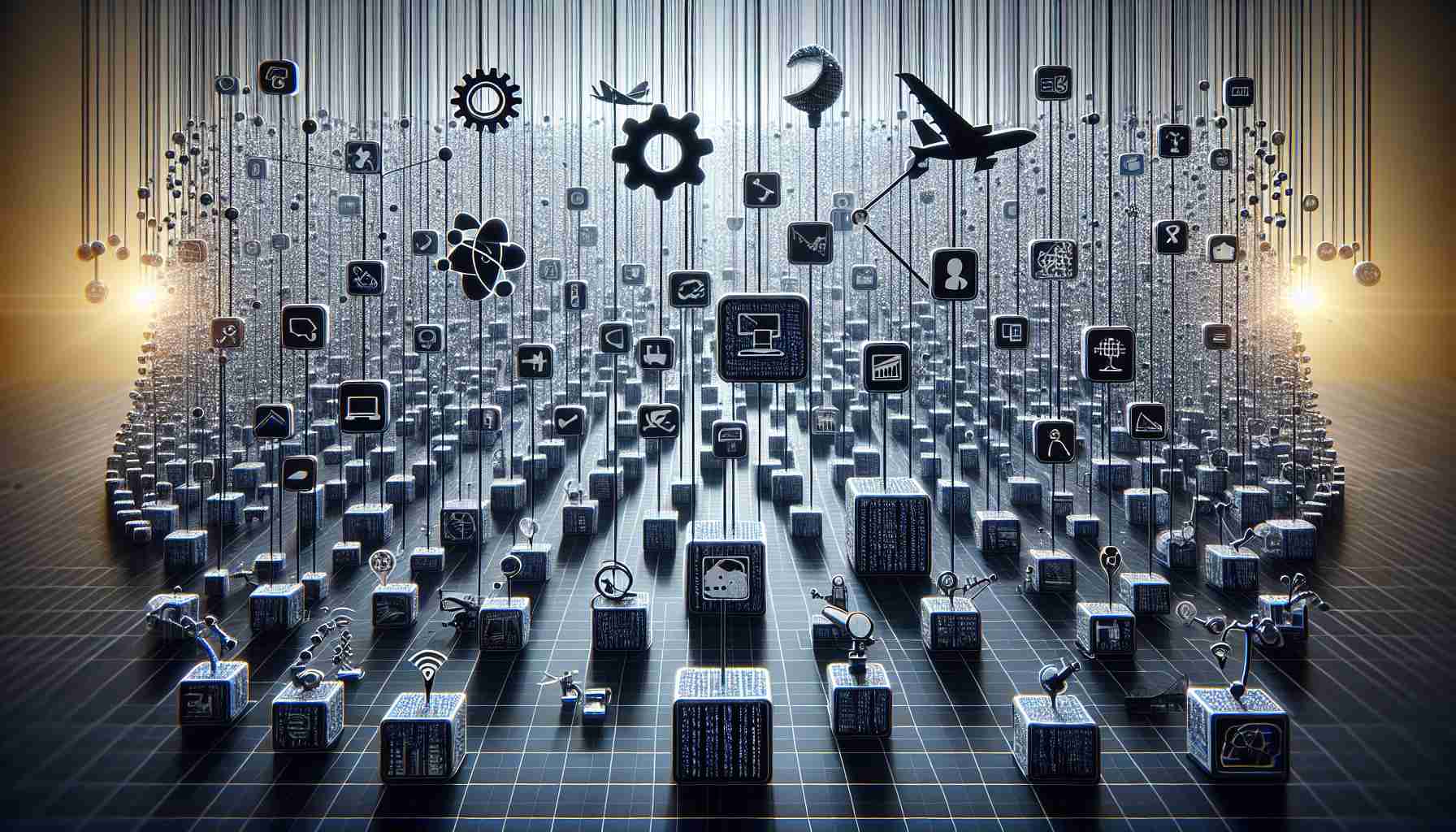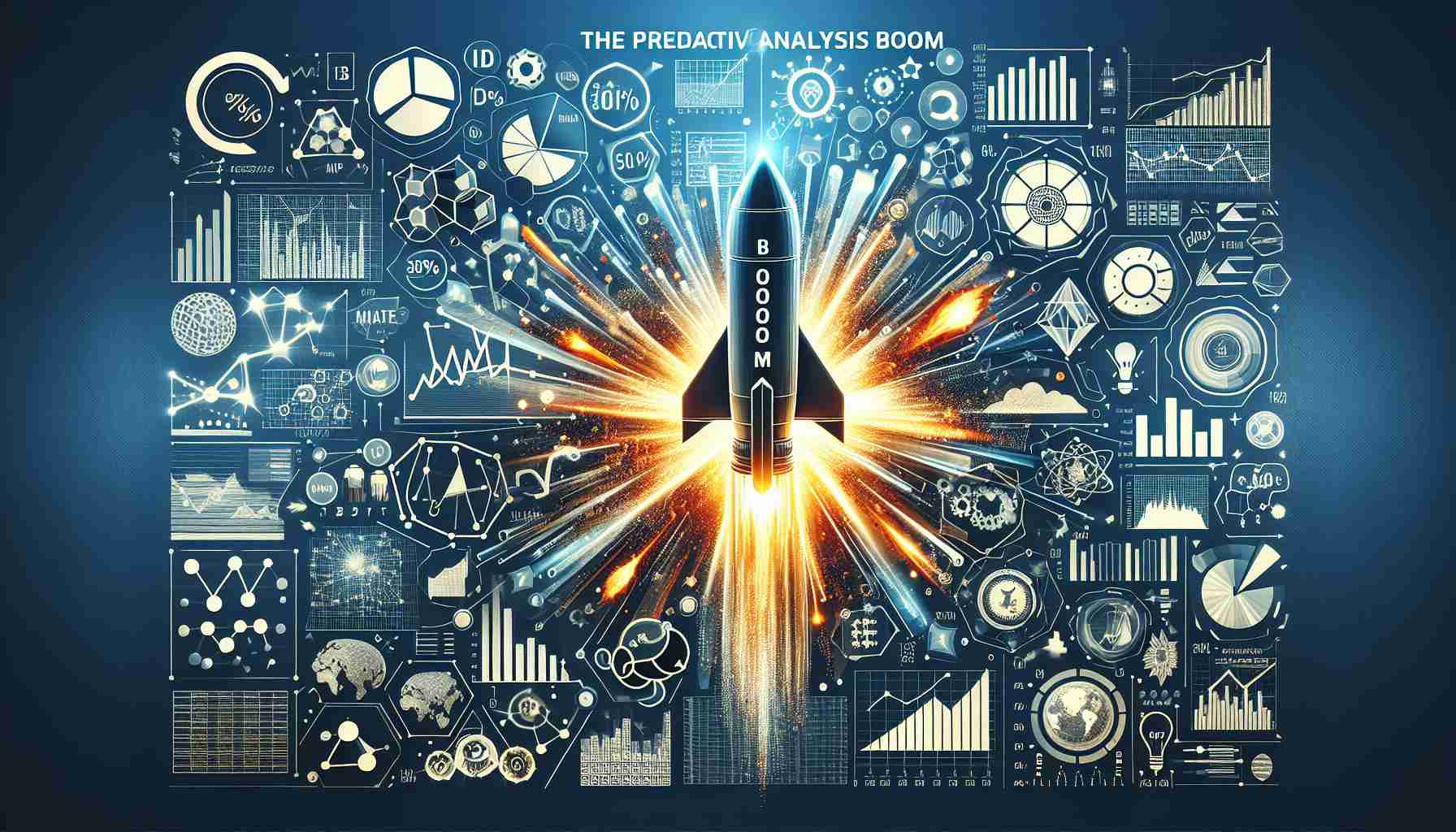Businesses are increasingly leaning on big data analytics to enhance customer experiences and improve operational efficiency. This reliance on data not only informs decision-making but also allows companies to deliver personalised solutions that cater to individual needs.
In the retail sector, for example, analysing consumer behaviour enables firms to tailor product offerings and promotions, fostering customer loyalty. The healthcare industry also benefits significantly by using data to track patient outcomes and identify trends, ultimately improving patient care while reducing costs. In agriculture, the application of sensor and satellite data helps in monitoring crop conditions and predicting weather, thereby optimising yield.
The growing demand for skilled data specialists capable of navigating complex datasets has surged. Educational institutions are responding by offering advanced programmes in data science that focus on machine learning and artificial intelligence. This training prepares graduates for critical roles in an evolving job market.
Beyond driving business growth, big data has had a profound impact on society, particularly highlighted during the pandemic when it was crucial for tracking COVID-19’s spread. Transportation services, like ride-sharing apps, utilise real-time data to enhance efficiency and user experience.
While big data heralds numerous benefits, it also raises significant concerns regarding privacy and ethical data handling. As businesses continue to harness this technology, it becomes imperative to balance innovation with responsible stewardship. By navigating these complexities, big data has the potential to not only transform individual industries but also reshape society as a whole, influencing how communities function and interact in the digital age.
Implications of Big Data on Society and Global Economy
The rise of big data analytics has far-reaching implications that extend beyond individual businesses, influencing societal norms, cultural practices, and the global economy. As organisations increasingly rely on data-driven strategies, the landscape of consumer interactions is fundamentally changing, prompting a reassessment of how we engage with technology and each other.
In society, the ability to harness big data allows for a more profound understanding of consumer behaviours, preferences, and patterns. This knowledge not only empowers businesses to create personalised experiences but also shifts cultural expectations regarding customer service and brand loyalty. Consumers now anticipate tailored offerings and immediate responses, fostering a culture that prioritises personalisation. This shift compels businesses to innovate continually, ensuring they meet the evolving demands of their customer bases.
From an economic perspective, the growing reliance on big data presents numerous opportunities for growth and efficiency. It enhances productivity across sectors, as evidenced by improved patient care in healthcare and optimised agricultural yields. However, this data-driven economic model may also exacerbate disparities, as smaller businesses often lack the resources to compete in a marketplace dominated by large corporations skilled in data harnessing. The digital divide may widen, emphasising the need for equitable access to data tools and technologies.
Furthermore, the environmental consequences of big data applications cannot be overlooked. While data-driven decision-making in agriculture and supply chain management can lead to more sustainable practices, the energy consumed by data centres and the environmental footprint of increased digital activity raise concerns. As the demand for data grows, so does the need for solutions that mitigate its impact on the environment.
Looking towards the future, the importance of data literacy will only increase. As educational institutions adapt their curricula to produce a workforce proficient in data science and analytics, society will see a shift in job markets and professional expectations. Skills in data interpretation and ethical handling will become paramount as industries evolve. This is not just a technical shift; it signals a transformation in critical thinking and problem-solving approaches across professions.
Yet, amidst these advancements, ethical considerations must remain at the forefront. The capacity to collect, analyse, and apply personal data brings forth pressing concerns about privacy, data ownership, and surveillance. The challenge lies in establishing frameworks that protect individuals while fostering innovation. Striking this balance will be crucial as the capabilities of big data continue to expand.
Ultimately, the ongoing integration of big data into everyday business practices suggests profound changes for individual industries and society at large. As communities adapt to a world increasingly driven by data, both opportunities and challenges will need to be carefully navigated, ensuring that technological progress aligns with ethical responsibilities and societal well-being. The long-term significance of big data will be reflected in how we manage this intricate relationship between data, technology, and human experience.
Harnessing Big Data: FAQs, Predictions, and Pros & Cons
As businesses increasingly integrate big data analytics into their operations, understanding its multifaceted implications becomes essential. This article explores frequently asked questions (FAQs), potential pros and cons, and insights that highlight the transformative power of big data across various sectors.
FAQs About Big Data Analytics
1. What is big data?
Big data refers to large volumes of structured and unstructured data that cannot be processed using traditional data management tools due to their size, complexity, and speed.
2. How can small businesses benefit from big data?
Small businesses can leverage big data by utilising affordable analytics tools to track customer behaviour, optimise marketing campaigns, and improve inventory management, which can lead to increased sales and customer loyalty.
3. What are the key components of big data?
The primary components include volume (amount of data), velocity (speed of data processing), variety (different types of data), veracity (data quality), and value (usefulness of the information derived).
4. Is it safe to use big data in business?
While big data can provide significant advantages, it raises privacy and security concerns. Businesses must implement robust data protection measures to safeguard personal information.
Pros and Cons of Big Data in Business
Pros:
– Enhanced Decision-Making: With actionable insights derived from data analysis, companies can make informed decisions that drive strategic direction and operational efficiency.
– Personalisation: Businesses can create tailored marketing strategies and customer experiences, leading to higher customer satisfaction and retention rates.
– Competitive Advantage: Companies utilising big data effectively often outperform competitors by anticipating market trends and consumer needs before they become apparent.
Cons:
– Privacy Concerns: The collection and use of personal data raise ethical questions and could lead to consumer backlash if mishandled.
– Data Overload: Companies may struggle to extract valuable insights from vast amounts of data, leading to decision paralysis or incorrect interpretations.
– High Costs: Implementing big data technologies and hiring skilled personnel can be expensive, particularly for small to medium enterprises.
Predictions for the Future of Big Data
As technology continues to evolve, big data will likely expand its influence across industries. Predictions include:
– Increased use of AI and machine learning to automate data analysis, providing real-time insights and fostering enhanced operational agility.
– Greater emphasis on data ethics and privacy regulations, potentially reshaping how companies collect and handle consumer data.
– The rise of edge computing, allowing data to be processed closer to its source for faster decision-making and reduced latency.
Related Insights
Research indicates that organisations effectively leveraging big data report performance increases of up to 20% due to optimised processes and better customer engagement. Furthermore, according to Gartner, nearly 90% of corporate strategies will explicitly mention information as a critical asset within the next few years.
In conclusion, while big data presents remarkable opportunities for enhancement and innovation within various sectors, users must remain vigilant about privacy concerns and ethical data usage. Adopting best practices in data management not only safeguards consumers but also helps businesses harness the full potential of big data, driving growth in the digital landscape.










